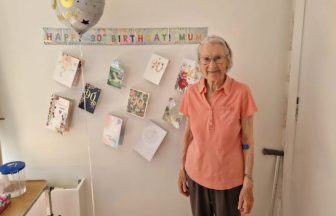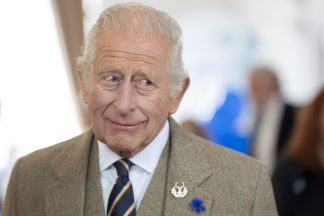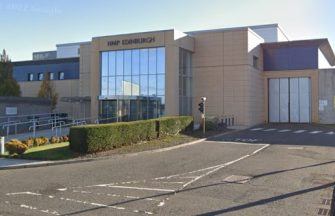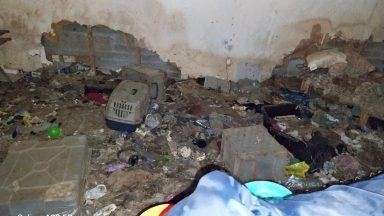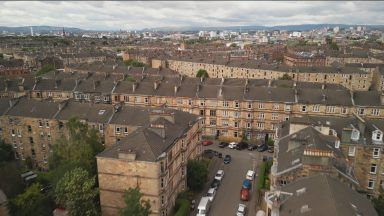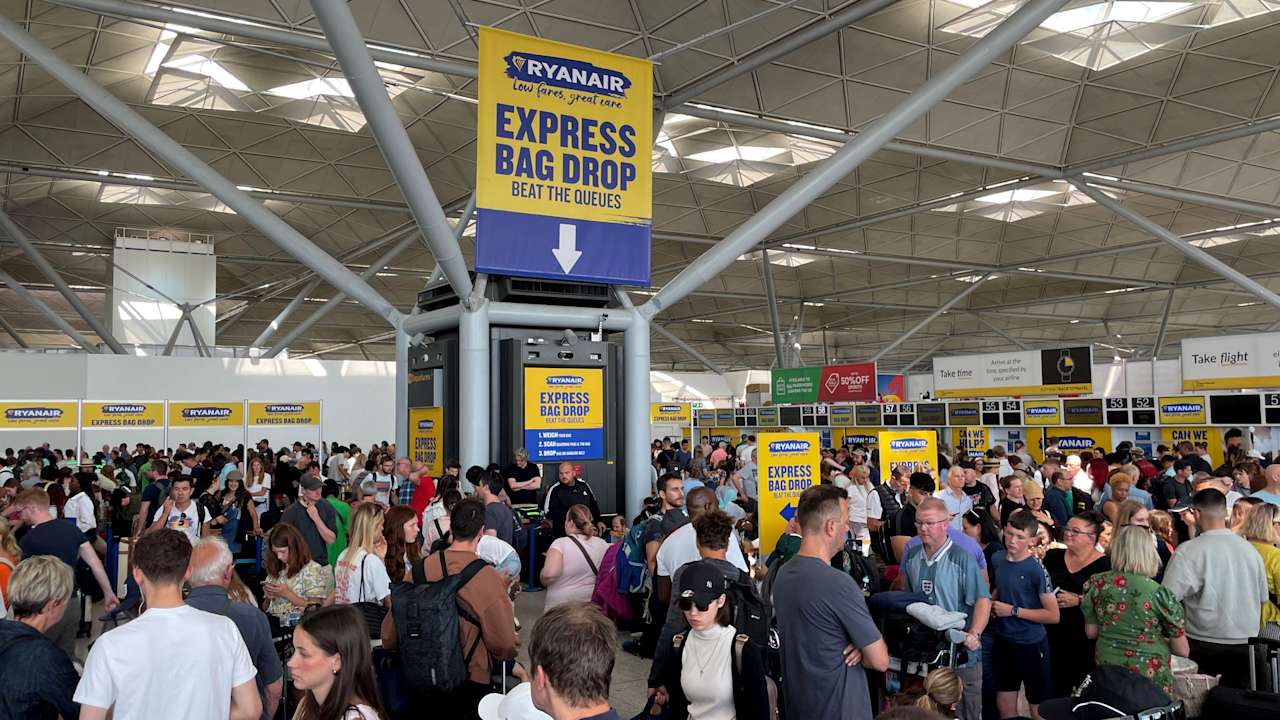When you’ve been on the front-line dealing with the repercussions of hate crimes in minority communities, you experience the harmful effects of reckless comments trivialising racism.
The framing of remarks as ‘gaffes’ or downplaying them by calling it ‘casual racism’ gives legitimacy to racial insults and slurs, without a thought for the communities impacted.
Just last month, The Sunday Times published an apology for printing a front-page article by their chief foreign correspondent, whose report on the funeral of Prince Phillip included the line “…offending people with gaffes about slitty eyes, even if we secretly rather enjoyed them”.
I doubt any East Asian or minority ethnic person enjoyed these remarks – especially as we are currently living with a 300% increase in hate crimes against people of East and South-East Asian heritage in the UK.
It’s reprehensible that this went to print first, but it’s not an isolated instance with various other media outlets sharing the same comment, as unapologetic banter.
Earlier this year, in the fallout over Meghan and Harry’s interview with Oprah, the couple stated that within the Royal Family there were concerns over the possible skin tone of their unborn child. Debate raged over the subsequent weeks either dismissing Meghan’s claims or justifying it as a white panelist from Loose Women explained as “maybe casually racist”.
In 2018, Boris Johnson was cleared by an independent panel when he referred to veiled Muslim Women as ‘letterboxes’ and ‘bank robbers.’ The panel concluded he was being ‘respectful and tolerant’, and fully entitled to use ‘satire’. The reverberations of his comments rippled across racialised communities. Johnson’s comments alone led to a 375% spike in anti-Muslim hate crimes the following week.
During this time, I worked alongside a group of Scottish Muslim women who, in front of their children, were racially abused as ‘ninjas and letterboxes’ – directly referencing Johnson’s comments. This is the real-life impact of normalising hatred. Sadly, this trauma will linger deep in those families for a long time to come.
Challenging the narrative
It is mind-blowing to watch the mental and linguistic acrobatics people perform to deny the irrefutable, obvious existence of racism. ‘Gaffes’ and ‘satire’ are all illustrations of the same torment. Racism takes on many forms, from micro-aggressions to institutional, but all are harmful, regardless of intent.
This is why The Commission on Race and Ethnic Disparities Report, with its politically convenient findings is detrimental. It erases the very experience of those whose lived reality this is. You cannot on one hand acknowledge racism exists, but then deny it exists in institutions. Racial prejudice is not selective in how it presents itself. Therefore, if it exists in society, then it exists in the institutions and systems holding society together.
Downplaying this in a public report, is reaffirming the view that racism in all its forms, is not taken seriously enough. In reality, the constant systemic failures to address these racial and ethnic disparities, is the problem.
A collective responsibility
Racism is recognised as a public health and social crisis, cutting across society and resulting in unequal outcomes across groups. Yet the solutions are often expected to be found and driven by us, as people of colour.
In the glare of adversity, we galvanise our energy to protest injustice. We defend our lived experiences, often snubbed as ‘anecdotal evidence.’ Our resilience, fraying at the seams, we rally our allies and support networks, to start petitions and sign letters. We package our hurt, on a quest to seek apologies and push for actions, knocking on doors that were bolted long ago to our resistance. All whilst riding a carousel of exhaustion.
Anti-racism
We can’t undo hundreds of years of oppression, and inequality overnight, but as a society, we can become anti-racist agents of change. We can adopt a racial justice lens, where race is built into transformative solutions, rather than reactionary ones. When racial and social injustice isn’t spoken about as a problem for those most affected, but as a change that must take place across the intersections of society.
As post coronavirus recovery beckons, we must harness our energies, call out injustice when we see it, when we feel it; as change, really does belongs to all of us.
Shasta Ali
Shasta Ali works in the Third Sector and is an anti-racism and women’s rights campaigner.
Twitter: @ShastaHAli
Pass the Mic
Pass the Mic works with women of colour who are experts in their field – educators, academics, researchers, campaigners, policy-makers, community activists, writers, workers, carers and many more.
It aims to make a tangible change across media in Scotland by increasing the representation of women of colour who participate in it, and by improving how women of colour and the issues that impact them are talked about.
For more information on Pass the Mic, click here.

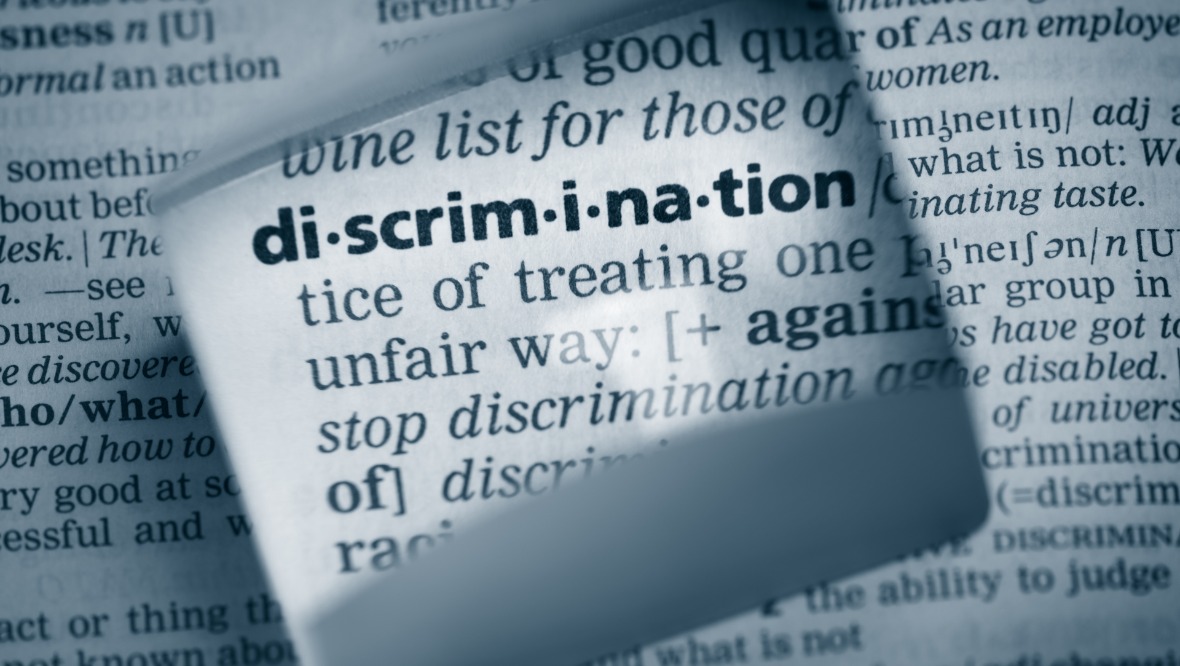 iStock
iStock